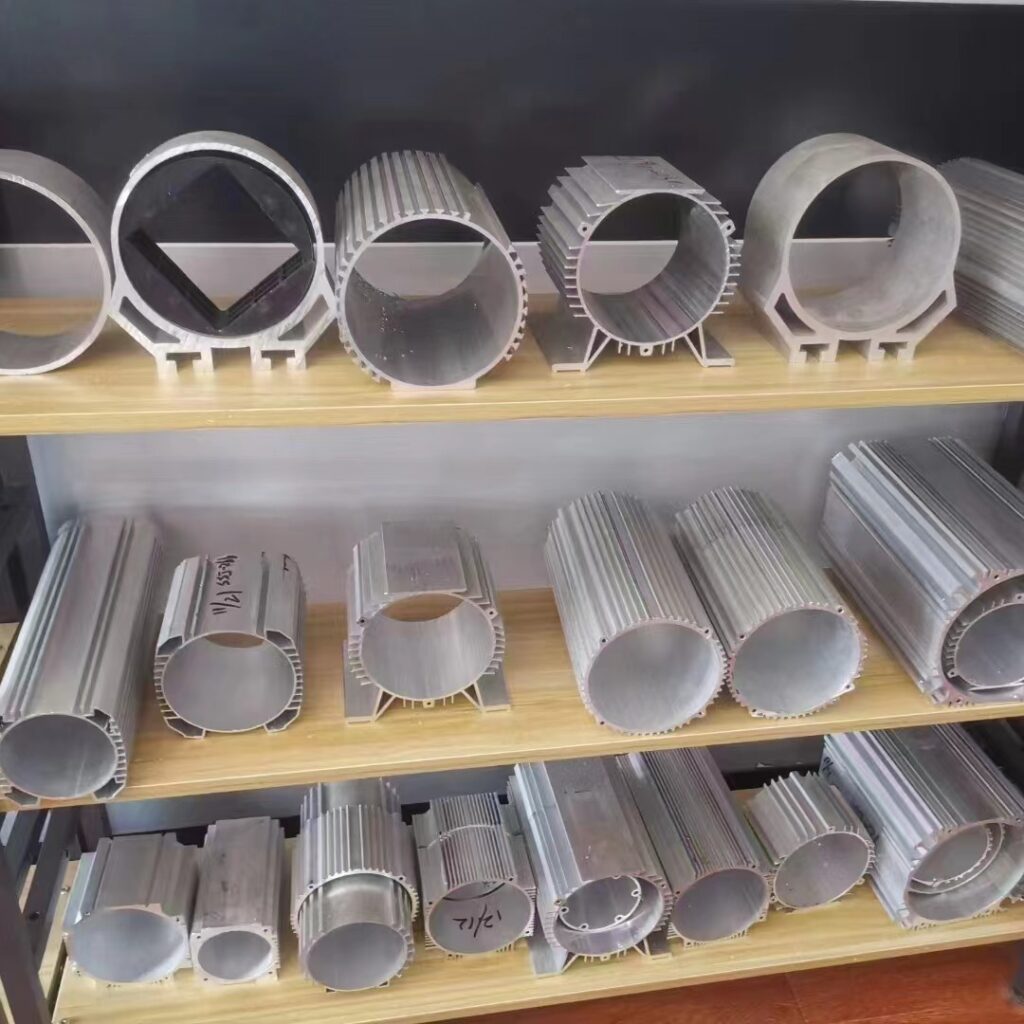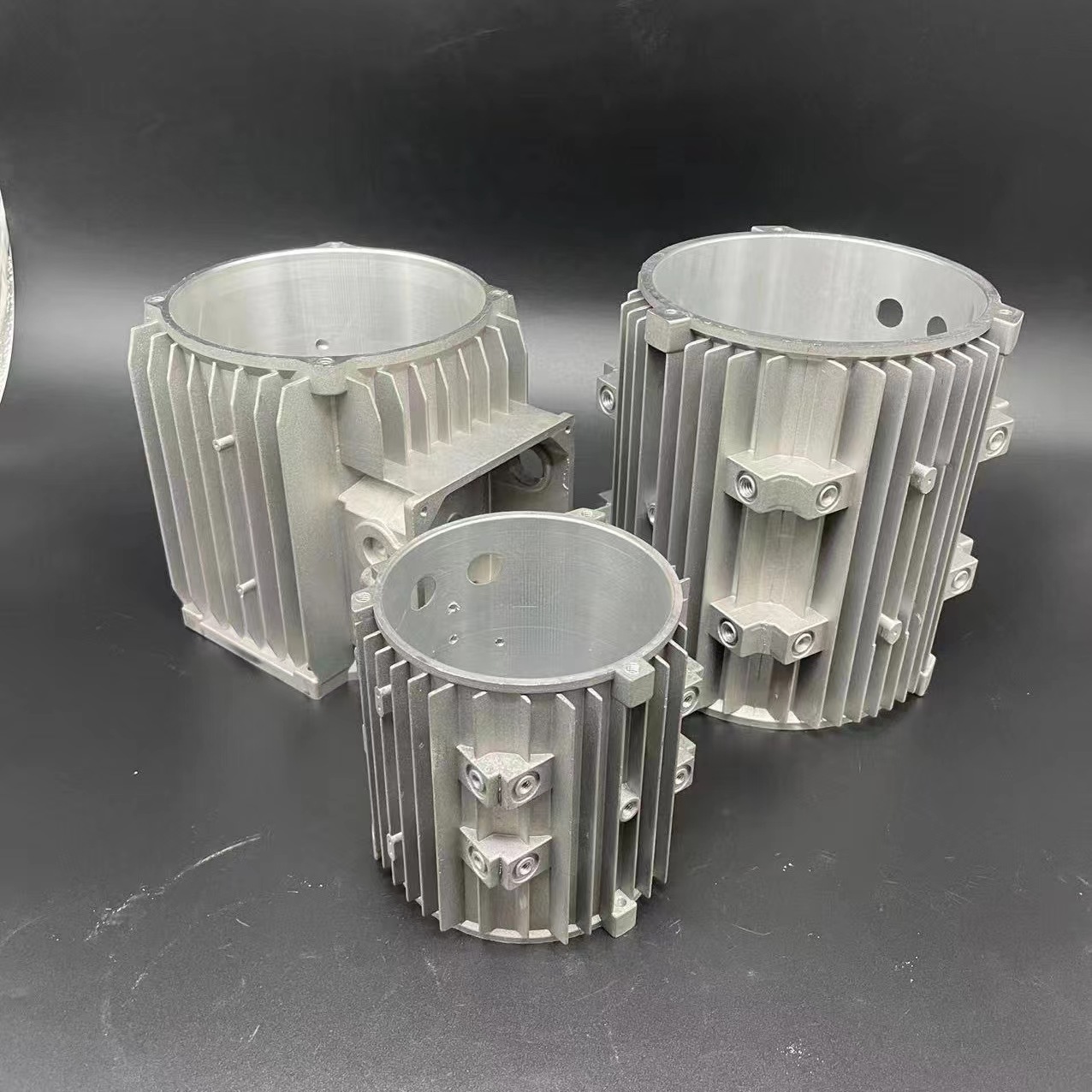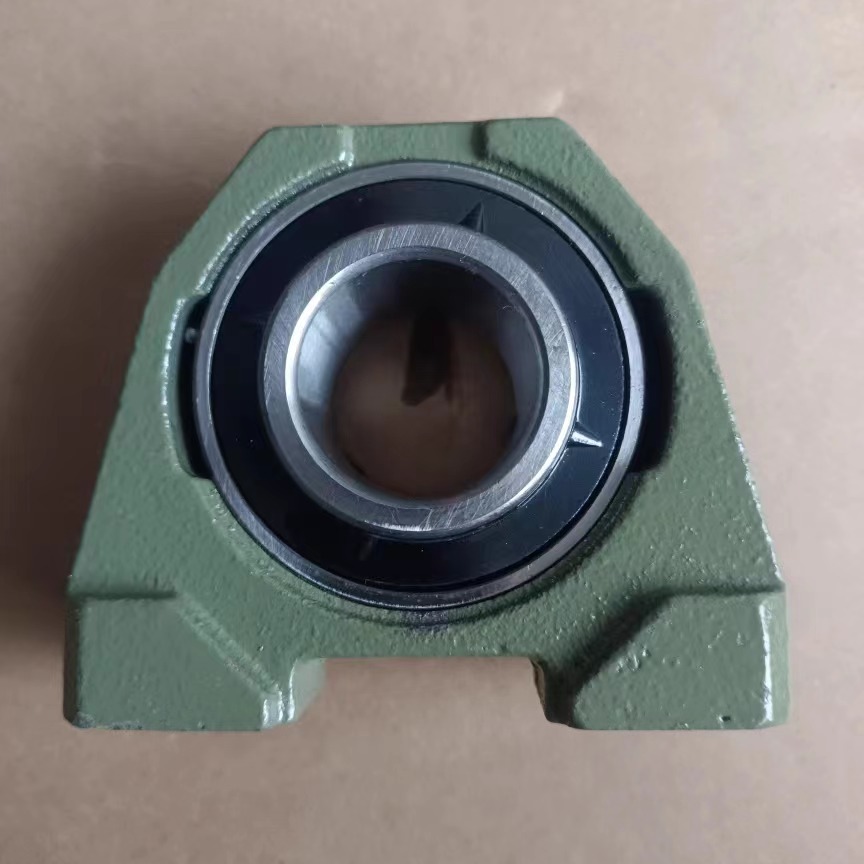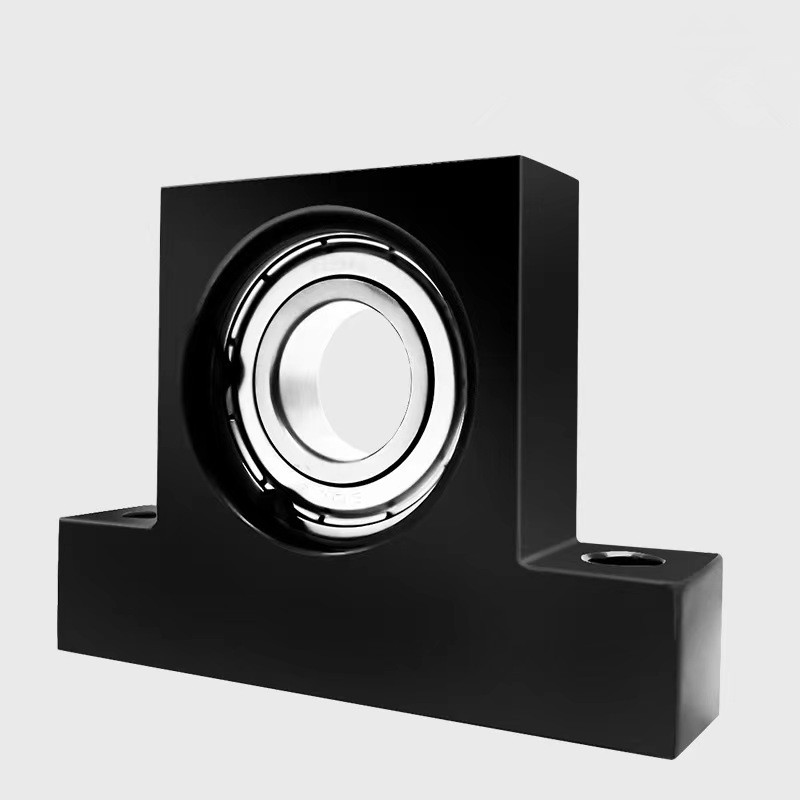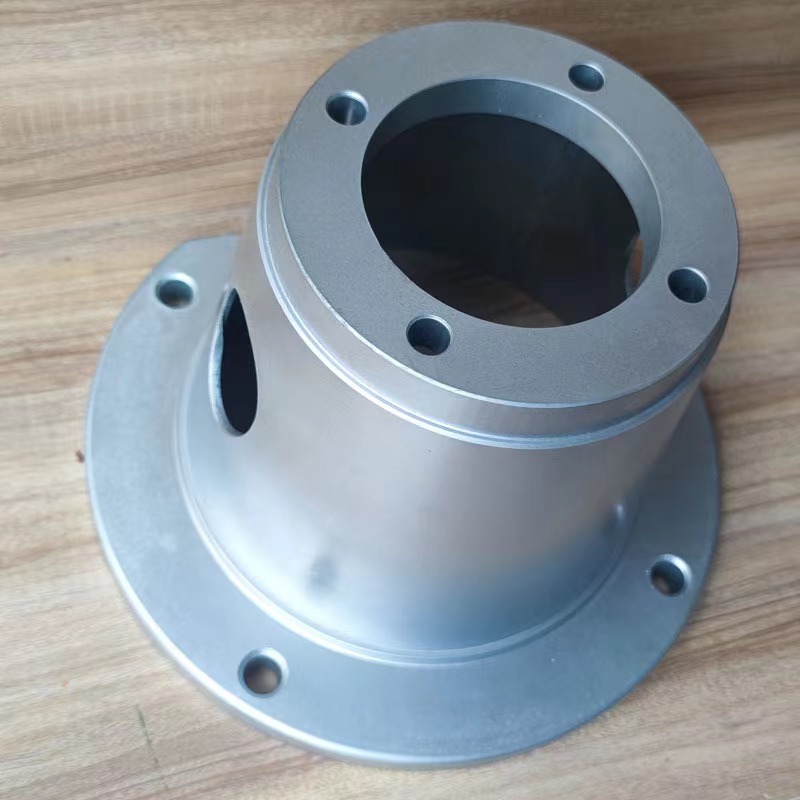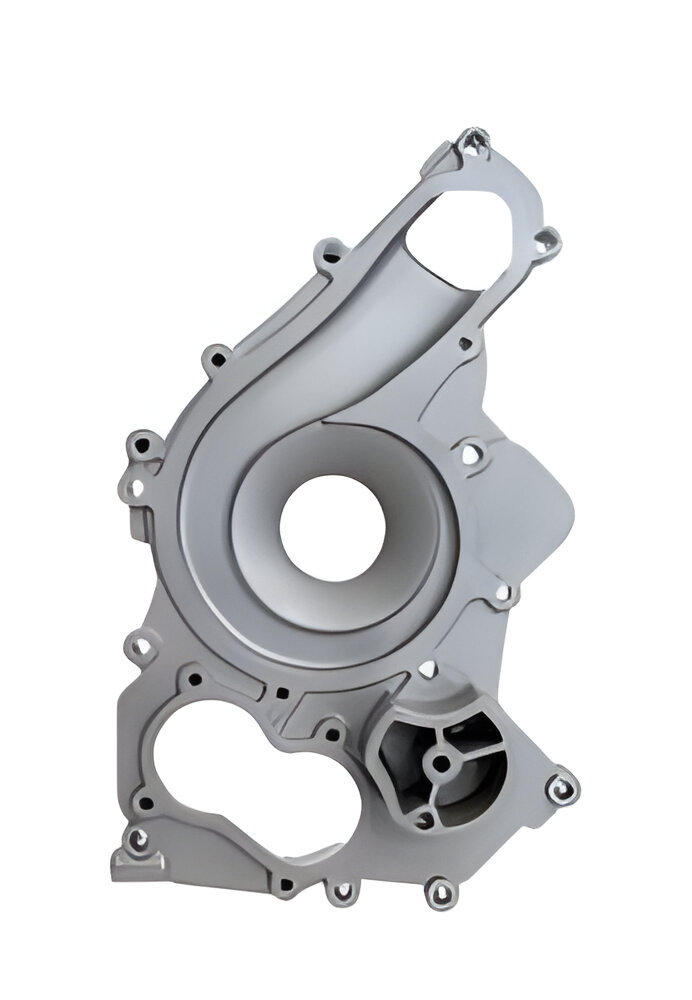When it comes to the manufacturing of motor housings, selecting the appropriate material is paramount to ensure optimal performance, durability, and reliability. From motor casings to housing covers, each component plays a crucial role in safeguarding the internal mechanisms of electric motors. At our facility, we understand the significance of material selection and offer a comprehensive range of options tailored to meet the diverse needs of our customers.
One of the primary considerations when choosing a material for motor housings is its mechanical properties. The material must possess sufficient strength and rigidity to withstand the stresses and strains encountered during operation. Aluminum alloys are a popular choice for motor housings due to their excellent strength-to-weight ratio, corrosion resistance, and thermal conductivity. By utilizing advanced casting techniques, we can produce motor housing parts with complex geometries and precise tolerances, ensuring a perfect fit and optimal performance.
In addition to mechanical properties, thermal management is another critical factor to consider in motor housing design. Electric motors generate heat during operation, and efficient heat dissipation is essential to prevent overheating and prolong component life. Aluminum alloys excel in this regard, thanks to their high thermal conductivity, which facilitates the rapid dissipation of heat from the motor housing. For applications with particularly demanding thermal requirements, we offer specialized coatings and treatments to further enhance heat transfer and insulation properties.
Another consideration in material selection is environmental factors such as moisture, chemicals, and abrasion resistance. Motor housings may be subjected to harsh operating conditions, including exposure to corrosive substances or abrasive particles. To ensure long-term reliability and durability, we offer a variety of material options with superior corrosion resistance and wear properties. Whether it's through the use of stainless steel, zinc alloys, or specialized coatings, we can tailor the material selection to meet the specific environmental challenges faced by our customers.
Furthermore, electromagnetic interference (EMI) shielding is a critical consideration in certain applications, particularly in sensitive electronic devices. The material chosen for the motor housing must possess adequate electromagnetic shielding properties to mitigate interference and ensure the proper functioning of adjacent electronic components. Aluminum alloys offer inherent EMI shielding capabilities, making them an ideal choice for applications where electromagnetic compatibility is a concern. Additionally, we can incorporate additional shielding layers or coatings as needed to meet stringent EMI requirements.
At our facility, we prioritize quality and reliability in every aspect of our manufacturing process. From material selection to final inspection, we adhere to rigorous quality standards to ensure that our motor housing products meet or exceed customer expectations. With a focus on continuous improvement and innovation, we strive to push the boundaries of what's possible and deliver solutions that set new benchmarks for performance and reliability.
In conclusion, the choice of material for motor housings is a critical decision that can significantly impact the performance and longevity of electric motors. At our facility, we offer a diverse range of material options tailored to meet the specific needs of our customers, from mechanical properties to thermal management and environmental resistance. Contact us today through our website (kt-foundry) to learn more about our material offerings and how we can help you unlock the full potential of your motor housing applications.

